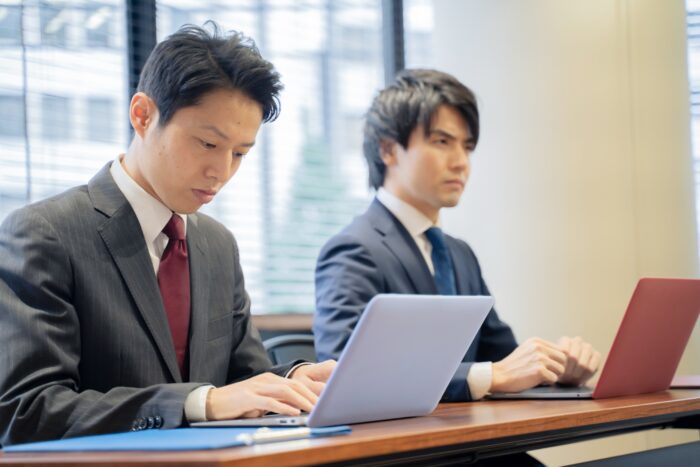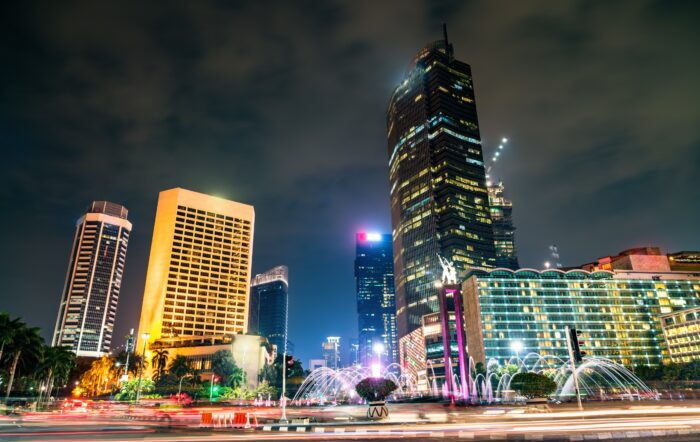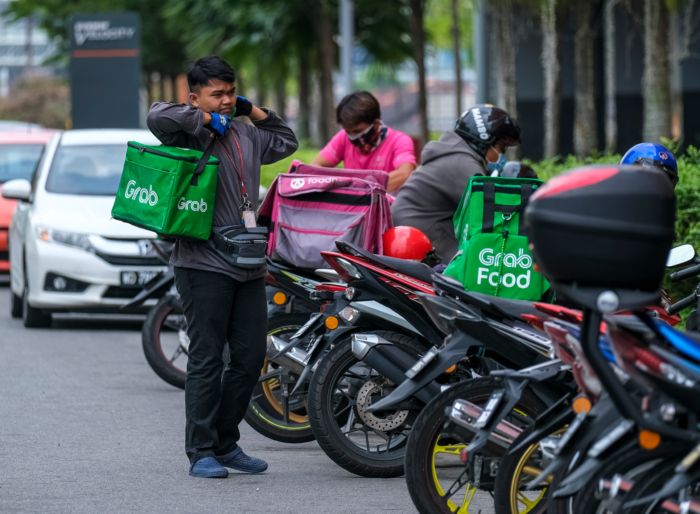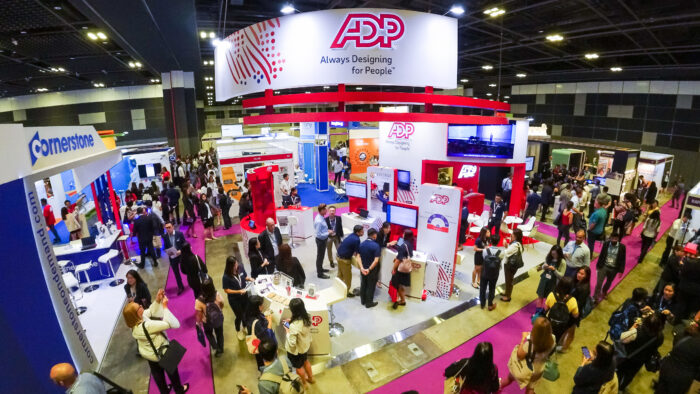Why coaching is the most effective L&D tool for organisations today

Nick Goldberg, CEO of EZRA, suggests that the future of L&D is coaching, which is a more effective tool that training, mentoring, or consulting.
Employees in Australia failing to achieve work-life balance

Employees in Australia are clocking six weeks of unpaid overtime hours each year and are finding it hard to disconnect from work.
Majority of employers in Malaysia raised salaries in 2022

Employees can also expect their salaries to be further raised in 2023, predicted the Malaysian Employers Federation.
How female employees can gain the recognition they deserve

The World Economic Forum provides some tips for women to pitch ideas to management and claim credit for what they do in the workplace.
Workforce optimisation: HR’s next big priority

Workforce optimisation is a critical lever in driving business continuity and profitability through any type of change, highlights Workday’s Pannie Sia.
Employee benefits strategy key to talent retention

Companies operating in the Asia-Pacific region recognise that they need to improve their employee benefits strategy to hire and retain top talent.
Emotional adaptability can help boost creativity at work

By developing creative employees, organisations can help boost business productivity in more conventional roles like accounting and data analytics.
Addressing the health concerns of female employees in Australia

A number of unions are gearing up to campaign for both menstrual and menopause leave for female employees.
Why organisational success begins with employee development

People and culture initiatives need to be developed in a way that scales across the entire organisation, says Tony Tran, Lead People Scientist, Culture Amp.
Men in Japan urged to lead change for workplace gender equality

A project has been launched in Japan to encourage men to take the lead in eliminating gender disparities in workplaces.
Prioritising workplace wellbeing support to create a healthy workforce

Hybrid work, the rising cost of living, and uncertainty about the future are all stress factors for employees in Singapore.
Companies in India continue to define flexible work strategies

While some companies want a full return to the office, others are offering hybrid options as part of a flexible workplace culture.
Why HR leadership is the key to organisational change

A change-ready culture driven by the behaviours and performance of leaders is pivotal to manage disruption and prepare employees for change.
More employees in Japan engage in moonlighting

One in three employees in Japan currently have a side job or have had one in the past, as employers are encouraged to support this practice.
Indonesia sets 10% ceiling on wage hike for 2023

Adjustments to the minimum wage are determined by combining inflation, economic growth, and the productivity at work factor of respective provinces.
Australia clamps down on workplace harassment and violence

A newly tabled convention includes legislation that mandates employers to maintain workplace policies against harassment and violence.
Singapore leads work flexibility agenda in APAC

In contrast, over 20% of leaders in the Philippines, India, Sri Lanka and Malaysia expect employees to be working in the office all the time.
Irresistible: The management principles for today’s companies

Josh Bersin describes the seven key principals that can help organisations create successful business strategies.
South Korea priorities job creation for older jobseekers

Efforts are ongoing to create employment opportunities for South Korea’s elderly population, which is expected to reach 10 million by 2025.
Gig worker protection to be strengthened in Malaysia

New legislation will see workers in the food delivery service provided with a social security scheme and operators placed under government regulation.
Improve employee productivity and increase skills, firms in Singapore told

As employers consider wage hikes, they should also develop employees’ skills and redeploy them, said Singapore’s Senior Minister of State for Manpower.
Navigating the new paradigm of people and work

Taking place from 10-11 May 2023, HR Tech Festival Asia 2023 will discuss the most pertinent workplace issues facing organisations in Asia.
Green transition gains momentum with enterprises and employees

Green workplaces are becoming an important aspect of work life for both employers and their employees, as they continue to support enterprise greening.
Most Australians support multi-employer bargaining proposal

Multi-employer bargaining, as outlined in a new bill, allows employees from different workplaces to collectively negotiate pay rises.
South Koreans spend more time at work despite reduced work hours

While work hours have declined over the past decade, employees in the country are still among those in the world who record the most hours at work.
Digital transformation to impact Vietnam’s employment structure

Adapting business models to a digitally transformed society is imperative for organisations, especially in the employment and labour sectors.
Job security outweighs salary for employees in Singapore

Employees in Singapore prioritise stability and job security over salary, while good leadership is key to retain talent and maintaining employee wellbeing.
Employees seek more flexibility in work and careers

While compensation is still important for employees, work flexibility and career development opportunities are increasingly being prioritised.
Leadership key to enabling workers’ wellbeing through flexible work

Once enacted, flexible work policies and practices require appropriate planning and investment to enable their benefits to be realised.
Malaysia to set up national mental health care centre

One of the key objectives of the centre is to help manage and address the mental health issues employees in the country are facing.
